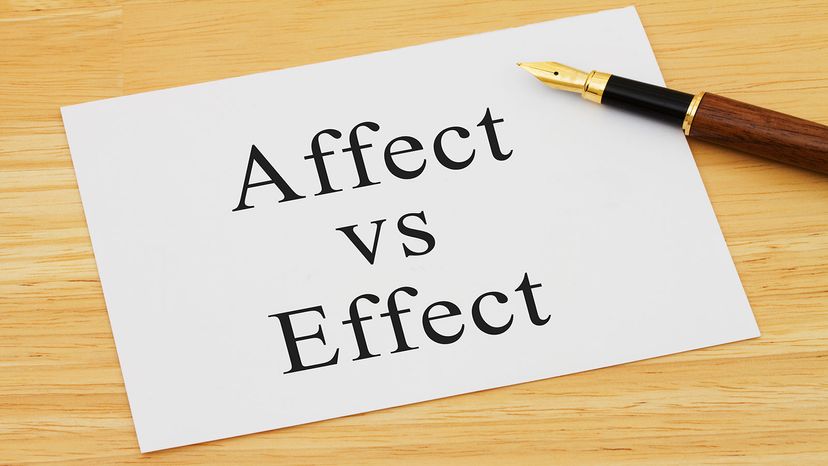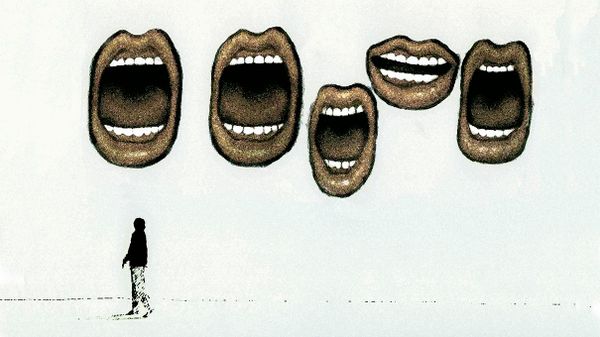
Key Takeaways
- "Affect" is a verb meaning to impact or influence, while "effect" is a noun meaning a result or consequence.
- Use "effect" as a noun following specific words like "the," "any" or "take," and "affect" as a verb without these words.
- Remember the trick: "Affect" starts with "a" for action (verb), and "effect" starts with "e" for "cause and effect" (noun).
Reading this article may affect your grammar, which could have an effect on your knowledge of when to use "affect" vs. "effect" in English.
While the words "affect" and "effect" have only a one-letter difference, each word signifies a vastly different concept. Together, "affect" and "effect" have become two of the most commonly confused words in the English language. But the end result is that knowing the correct word to use, in the correct way, isn't as difficult as you might think.
Advertisement

